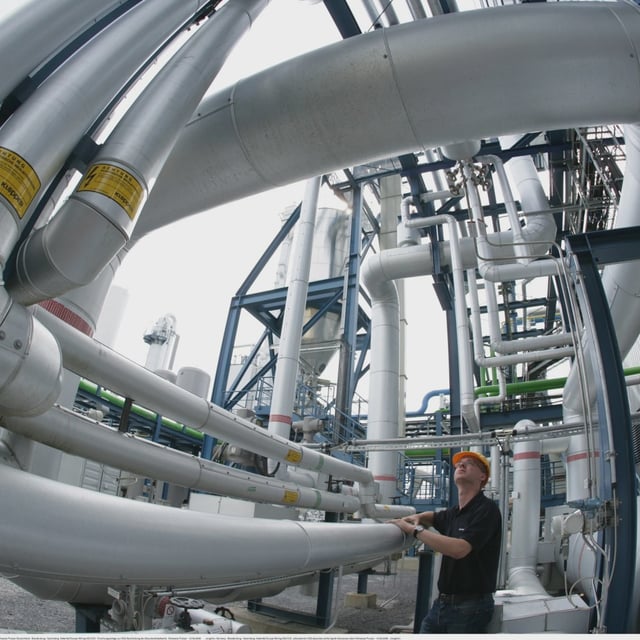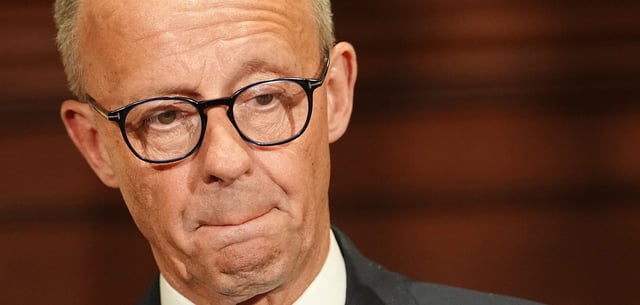Overview
- The cabinet advanced a bill in early August to legalize CO2 capture, transport and underground storage, starting offshore in the North Sea and laying groundwork for a domestic pipeline network.
- An open rift has emerged as the Environment Ministry urges restricting CCS to residual emissions, while Economics Minister Katherina Reiche seeks to keep options for gas-fired power and blue hydrogen.
- The coalition agreement and Reiche’s cabinet draft allow CCS for gas power and blue hydrogen but effectively exclude coal plants.
- UBA president Dirk Messner cautioned that storage capacity is very limited, CCS cannot replace emissions cuts, and large-scale injection requires new infrastructure and further R&D.
- Officials and experts say CCS is energy- and cost-intensive, likely useful mainly for sectors like cement and chemicals, and currently uneconomic for gas plants; the Environment Ministry has begun consultations on seabed storage and CO2 export under London Protocol rules.



